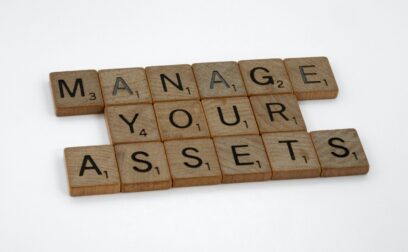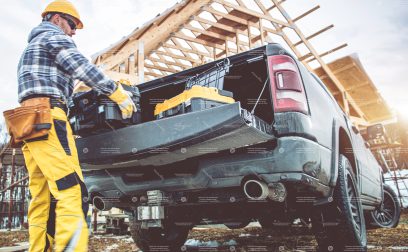When purchasing capital equipment for your business, it’s essential to consider various financial aspects to ensure you make a wise and sustainable investment. Here are some financial tips to keep in mind:
- Assess Your Needs: Before buying any equipment, conduct a thorough assessment of your business needs. Identify the equipment required to meet your production or operational goals. Avoid unnecessary purchases that might strain your finances.
- Create a Budget: Set a realistic budget for acquiring the capital equipment. Factor in not only the purchase cost but also installation, training, maintenance, and any other associated expenses.
- Consider Total Cost of Ownership (TCO): Look beyond the initial purchase price. Evaluate the total cost of ownership over the equipment’s useful life, including maintenance, repairs, operating costs, and potential downtime.
- Explore Financing Options: Consider various financing options available to you, such as equipment loans, leasing, or equipment financing programs. Compare interest rates, terms, and conditions to find the most suitable option for your financial situation.
- Research Suppliers and Brands: Conduct thorough research on different suppliers and equipment brands. Choose reputable suppliers known for delivering quality products and excellent after-sales support.
- Negotiate and Request Quotes: Don’t hesitate to negotiate the purchase price with suppliers. Request multiple quotes to compare prices and ensure you are getting the best deal.
- Analyze ROI and Payback Period: Calculate the potential Return on Investment (ROI) and the payback period for the equipment. Determine how long it will take to recoup the investment and start generating profits.
- Consider Resale Value: If applicable, consider the resale value of the equipment. Choose equipment that retains value well, as this can help recover some of your initial investment if you decide to upgrade or replace it later.
- Explore Tax Incentives and Deductions: Research potential tax incentives or deductions available for capital equipment purchases. Consult with a tax professional to understand how these benefits may apply to your business.
- Explore Second-Hand Equipment: In some cases, buying used or refurbished equipment can be a cost-effective option. Ensure that the equipment is in good condition and will meet your needs before making a purchase.
- Evaluate Maintenance Costs: Understand the maintenance requirements and costs associated with the equipment. Regular maintenance can prolong the equipment’s life and reduce unexpected repair expenses.
- Account for Technological Obsolescence: Consider the pace of technological advancements in your industry. Ensure the equipment you choose won’t become obsolete too quickly, leaving you with outdated machinery.
- Avoid Overextending Your Finances: While investing in capital equipment is essential for business growth, avoid overextending your finances. Ensure that your cash flow can comfortably handle the new equipment’s cost and any related expenses.
- Consult Financial Advisors: If you are uncertain about the financial aspects of the purchase, consider consulting with financial advisors or experts who can provide personalized advice based on your business’s specific needs and financial situation.
By following these financial tips, you can make informed decisions and ensure that your capital equipment purchases contribute positively to your business’s success and financial stability.
Sign up with Swoop today to explore fast and secure asset financing options.







 yet? Register here!
yet? Register here!